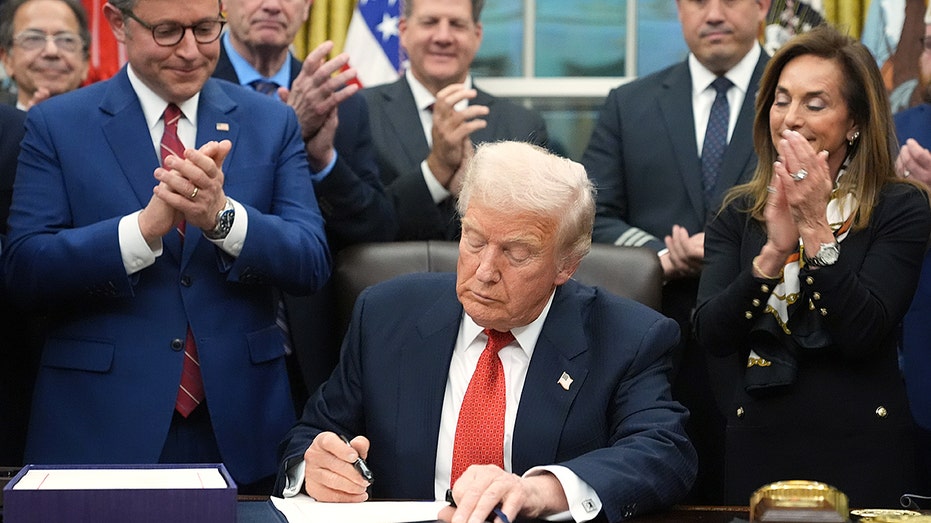The 42nd week of the administration was marked by a flurry of decisive actions and unexpected pronouncements. A looming government shutdown was averted with the signing of a funding bill, offering temporary relief to federal workers and a nation bracing for disruption.
The legislation, passed by both houses of Congress, secured funding through January, buying time for lawmakers to negotiate a longer-term budget. Crucially, it also ensured continued support for the Supplemental Nutrition Assistance Program, a lifeline for over 42 million Americans.
In a surprising turn, the administration publicly defended the H-1B visa program, allowing companies to hire skilled foreign workers. The President argued the need to import “talent,” sparking immediate backlash from within his own political base.
Representative Marjorie Taylor Greene voiced strong opposition, championing American workers and declaring her commitment to an “America First” agenda. The White House responded by highlighting previously announced measures aimed at increasing fees and scrutinizing the H-1B process.
The debate extended to the influx of international students, with the President suggesting the need to allow a significant number of Chinese students to study in the U.S. to prevent financial hardship for American universities. This position drew sharp criticism from former U.N. Ambassador Nikki Haley, who warned of potential national security risks.
A separate announcement revealed plans to direct the Justice Department and FBI to investigate the connections between convicted sex offender Jeffrey Epstein and numerous prominent U.S. figures. The move followed the release of documents mentioning the President in connection to Epstein.
The President characterized the investigation as a politically motivated attack, echoing past claims of “witch hunts.” Despite the released documents not alleging any wrongdoing on his part, the announcement ignited a new wave of scrutiny.
Finally, the week culminated in a series of pardons granted to over 70 individuals accused of involvement in efforts to challenge the 2020 election results. While these pardons have no bearing on any state-level charges, they represent a powerful symbolic gesture of support for loyal allies.
Among those pardoned were Rudy Giuliani, Mark Meadows, and Sidney Powell – key figures in the post-election legal battles. The actions underscored a continued commitment to challenging the legitimacy of the 2020 election, even as the administration moved forward.






